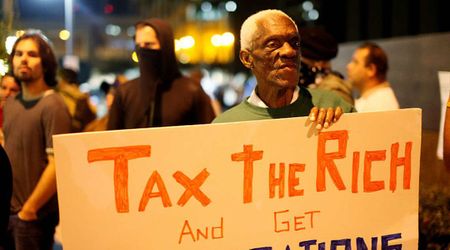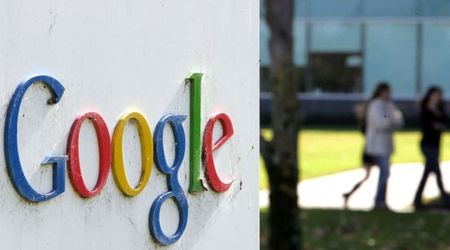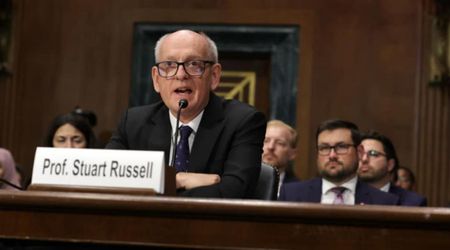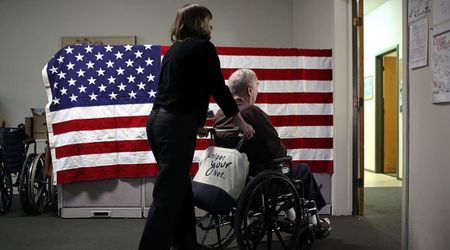Ticket Scams are on the Rise Amidst Excitement About NFL Draft; Here's how to Stay Safe

Booking tickets online for a concert, a movie or a game isn't anything new, but with the rise of mega events such as Taylor Swift's Eras Tour and Superbowl in the aftermath of pandemic restrictions, scammers are preying on the desperation of fans. Amidst the excitement of March Madness and the NFL Draft sweeping through Detroit, ticket scams have emerged as a spoilsport for fans.

Understanding the Threat
Scammers capitalize on the excitement surrounding events like March Madness and the NFL Draft, knowing that fans are often willing to go to great lengths to secure tickets. Leveraging the immediacy and connectivity of social media platforms, these criminals employ sophisticated tactics to ensnare unsuspecting buyers.
The allure of discounted or last-minute tickets can blind individuals to the red flags signaling potential fraud. "Someone who posts a request for March Madness tickets or NFL draft events on social media is bound to get hit by scammers since the crooks track such comments. The same's true if you comment on fan websites," stated a Nisos analyst.
The Role of Artificial Intelligence
Today, artificial intelligence (AI) plays a pivotal role in orchestrating ticket scams. By monitoring social media activity and crafting convincing messages tailored to specific events, scammers can swiftly engage potential victims. A recent experiment conducted by a threat intelligence analyst revealed the alarming ease with which AI-powered scams operate.
"Criminals using AI, which can help perform rapid, automated tasks, among other functions, can scrape the internet at record speed and, once armed with information from a combination of stolen, fake, and legitimate digital data sources, can masquerade as other people," said Ari Jacoby of AI security firm Deduce.
Warning Signs
Michigan Attorney General Dana Nessel has noted that scammers create convincing screenshots of non-existent or resold tickets, often replicating them with professional graphics. Victims may realize that they've been duped only after being denied entry at the gate.
Scammers even employ various tactics to deceive buyers, including using stolen or forged barcodes or QR codes to simulate legitimate transactions, and may provide fake "proof of purchase" to further deceive victims.

"Third-party sites or individual sellers often list tickets for sale when they don’t actually have them, a rampant practice also known as speculative ticketing," the Nisos analyst warned.
In a common ploy, scammers feign caution by requesting upfront payment to verify buyers' authenticity. However, this is a tactic to scam buyers while disguising themselves as cautious sellers. If asked for a down payment on a ticket, it's best to end the conversation.
Past Ticket Scams
Last year, numerous Taylor Swift fans faced disappointment as they were unable to purchase concert tickets despite registering for presale codes.
"The ensuing frenzy resulted in Taylor Swift tickets flooding social media and secondary markets, leading to a surge in scams involving fake tickets," explained the analyst. At the same time, scammers are also known to target relatively small local events.

Scammers often prey on individuals showing desperation or haste in obtaining tickets. Many overlook potential scam indicators, such as communication through multiple social media platforms like Facebook and Instagram, which complicates tracking and potential suspension by one platform.























